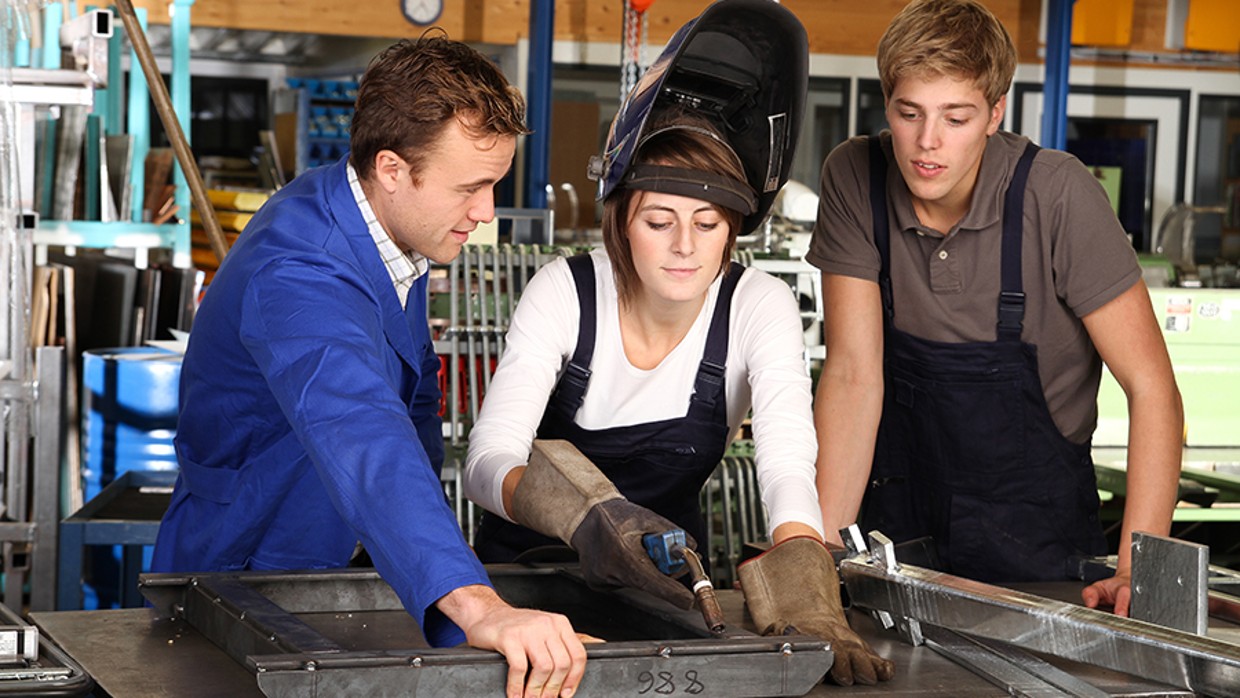News
News
Successfully tackling the skills shortage
The issue of skilled labour is also a key task for vehicle manufacturers – in two respects. Firstly, of course, it is about securing the company’s own need for skilled labour. Depending on the region, medium-sized vehicle manufacturers are competing to a greater or lesser extent with large corporations.
Public employers are also developing ever greater staffing requirements as the bureaucratic burden increases. In addition, working conditions such as shorter working hours with full pay compensation or a high proportion of home office working, which cannot always be realised to the same extent in medium-sized production companies, are particularly attractive in the administrative sector. However, there is always potential, as reported by the industry: A good working atmosphere, rising wages and salaries, good training opportunities and individual support are just as much a part of this as are innovative, varied jobs, responsible activities and a positive, future-orientated image of the companies in their areas. But you can’t assemble a petrol tanker at your kitchen table at home.
For long-term success, vehicle manufacturers are therefore investing in the further automation and modernisation of their production, as well as in the training of skilled workers. The companies offer their own apprenticeships and have met with a very positive response, although this certainly varies from region to region. In some cases, there are even more applicants than can be accepted.
How does this work in practice?
Attractive conditions and an optimal working atmosphere are mentioned. Working from home and flexible working hours are well proportioned and coordinated amicably between employer and employee.
The companies also succeed in communicating their strength as family-run SMEs and the added value this creates for employees. A strong team that is committed and wants to be successful together is a solid basis for satisfied employees and a good argument for new applicants.
This also includes social commitment in the region, high-profile activities and the creation of a strong “employer brand”. For this, the companies also visit schools and take part in training fairs. The experience: There are more people interested in skilled trades than many assume. However, according to the industry, more needs to be done in general to improve the reputation of traditional vocational occupations with the public at large. In many cases, the focus is too one-sidedly on a university degree.
Foreign skilled labour would also be gladly employed. However, according to assessments from companies, this still fails too often due to various bureaucratic hurdles.
The shortage of skilled labour as a cross-industry phenomenon will therefore also remain a challenge for medium-sized vehicle manufacturers. Here, too, the “baby boomers” will be retiring in the coming years. The gaps they leave behind, the decades of experience and expertise that are lost as a result, must be replaced. This will only work with a coherent, overall strategy.



